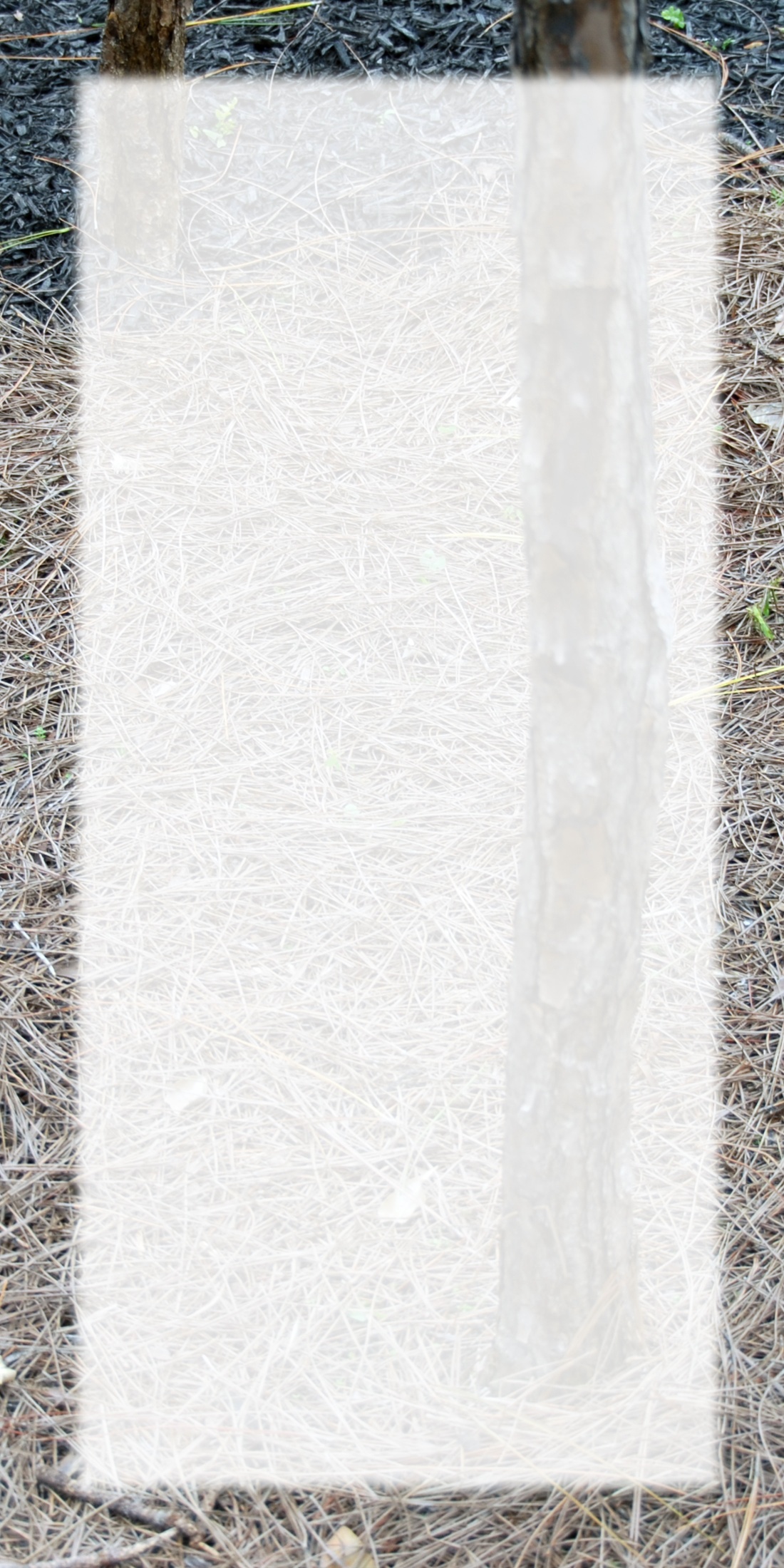Banking on Mercy by Ann Sitarz
“It was very cold and it was snowing out. They were very scared, but it was a good thing they did it, huh?”
It was never discovered what made me so sick, and the doctors dubbed it as an unidentifiable parasite. Miraculously, I recovered not too long after our visit to Washington’s Crossing. My mother attributed it to the healer she had taken me to at the recommendation of my grandmother. It seems more likely that it was a prolonged anxiety attack from the stress of starting kindergarten. It seemed by the nature of the trip that my father understood this. This is the best memory I have of him.
I stood on the sea of hallowed grass feeling like my toes stood along the bank of a snowy river, splashing up on them. It’s amazing how a single good memory can lodge in your throat, and prevent the surfacing of subsequent bitter memories until you reconcile this single outlier, this dissident good deed of a terrible man, this father who always seemed more like a wolf.
Perhaps it is an analogous moment like this that binds all children to their parents, a moment which we perchance might not have made it beyond without them. At some point, parents—monsters and saints alike—impart a moment of life-giving following the initial invitation to live that—even if none other of their later actions coincide with it—defines them ever after as a parent, and requires us to forgive them for any other misdeeds. It sets in stone, “I meant well.”
Before I turned my back on him for the last time, I walked against the general osmosis away from his casket and said, audibly, “I really am sorry. Thank you.” Woolen jackets fluttered in the wind as people walked towards their cars as if the weather enjoyed this last moment of the company of friends as much as he did. I found my flower still clenched in my hand. I let it drop and it rolled up against the green blanket surrounding his coffin. I wished it could have fallen into the grave.
